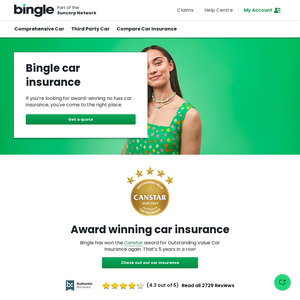I am having a dispute with Bingle Insurance.
Story: Accident on free way - airbag opened. Car towed to yard. told me it is write off.
I have previous insurance quote with agreed value of 17000, while Bingle only do at "Market Value".
I have told to take a cheque for 6800 (less Rego and other things)
I asked what is the repair quote from repairer - they said it is $7000.
I am sure insurance company can bargain with repairer and only give 60%-70% of total repair cost.
What is my legal rights to fight and repair the car.
Thanks.
==== Updated
Insurance company has sent out claim letter stating wrong car. (Neo) instead of (Maxx Sports)
as per PDS
** Market value **
Your car is covered for its market value. Your car includes keys, options, accessories, or modifications that are permanently fitted to your car. Market value means the amount we assess your car to be worth on the road in your local area. We’ll consider your car’s make, model, age, condition and kilometres travelled in assessing its market value. We may use recognised industry publications to assist us in determining its market value. Market value includes costs of registration and compulsory third party insurance and any stamp duty and transfer fees. Depending on the age of your car, our New for Old option might be available to you on this policy. Refer to ‘New for Old’ on page 5 (below).

http://mva.financialrights.org.au/ and http://mva.financialrights.org.au/factsheet/your-vehicle-has… Will outline your rights.
What your previous insurer did is not relevant. What is relevant is what your policy with Bingle says.